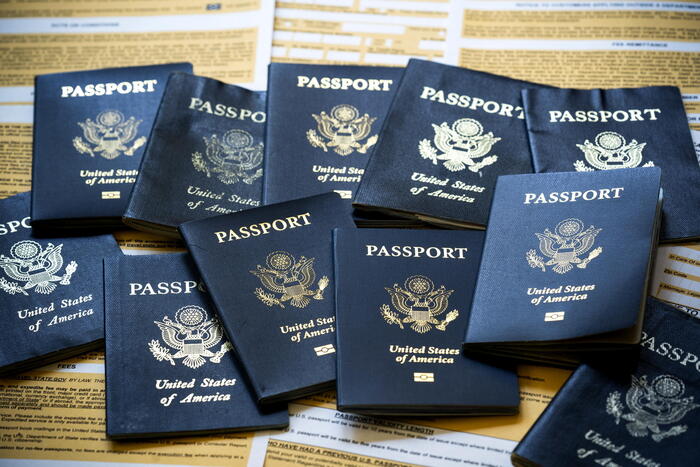With the new year come significant changes for American travelers, who will need to adapt to new regulations for both domestic and international travel. Starting in 2025, obtaining additional documents for domestic flights will be necessary, and travelers will have to comply with updated requirements for entry into the United Kingdom and Europe. Passengers will face a series of bureaucratic steps that could complicate their travels.
From May 7th, U.S. citizens traveling domestically will need to have a REAL ID to board national flights. This certificate, an updated version of the driver’s license, meets federal security standards and will replace traditional ID cards at airports and other government facilities.
Starting January 8th, Americans planning to visit the United Kingdom will need to apply for an Electronic Travel Authorization (ETA). This screening program, similar to the ESTA system already in place in the U.S., will allow British authorities to check visitors before their arrival. The ETA costs around $13 and will be valid for multiple entries over a two-year period.
In May 2025, the ETIAS system (European Travel Information and Authorization System) will also come into effect, requiring Americans who do not need a visa to apply for authorization before visiting EU countries. Once obtained, the ETIAS authorization will be valid for three years, but a new application will be required when the passport expires.
The introduction of the ETA could make travel to the United Kingdom more complicated and expensive for the more than 20 million Americans who travel there annually. At the same time, the ETIAS system for Europe will add another layer of bureaucracy, although the goal is to make border controls safer and faster.
New airline regulations that require airlines to refund passengers in the event of cancellations or travel disruptions also represent important protection for travelers. However, the increase in travel-related formalities may lead to higher overall costs, both for tickets and administrative procedures.
With the introduction of these changes, it is essential for American travelers to update their documents and stay well-informed about the new requirements. Whether it’s an impromptu vacation or a long-planned business trip, preparing in advance can prevent unnecessary last-minute complications.












